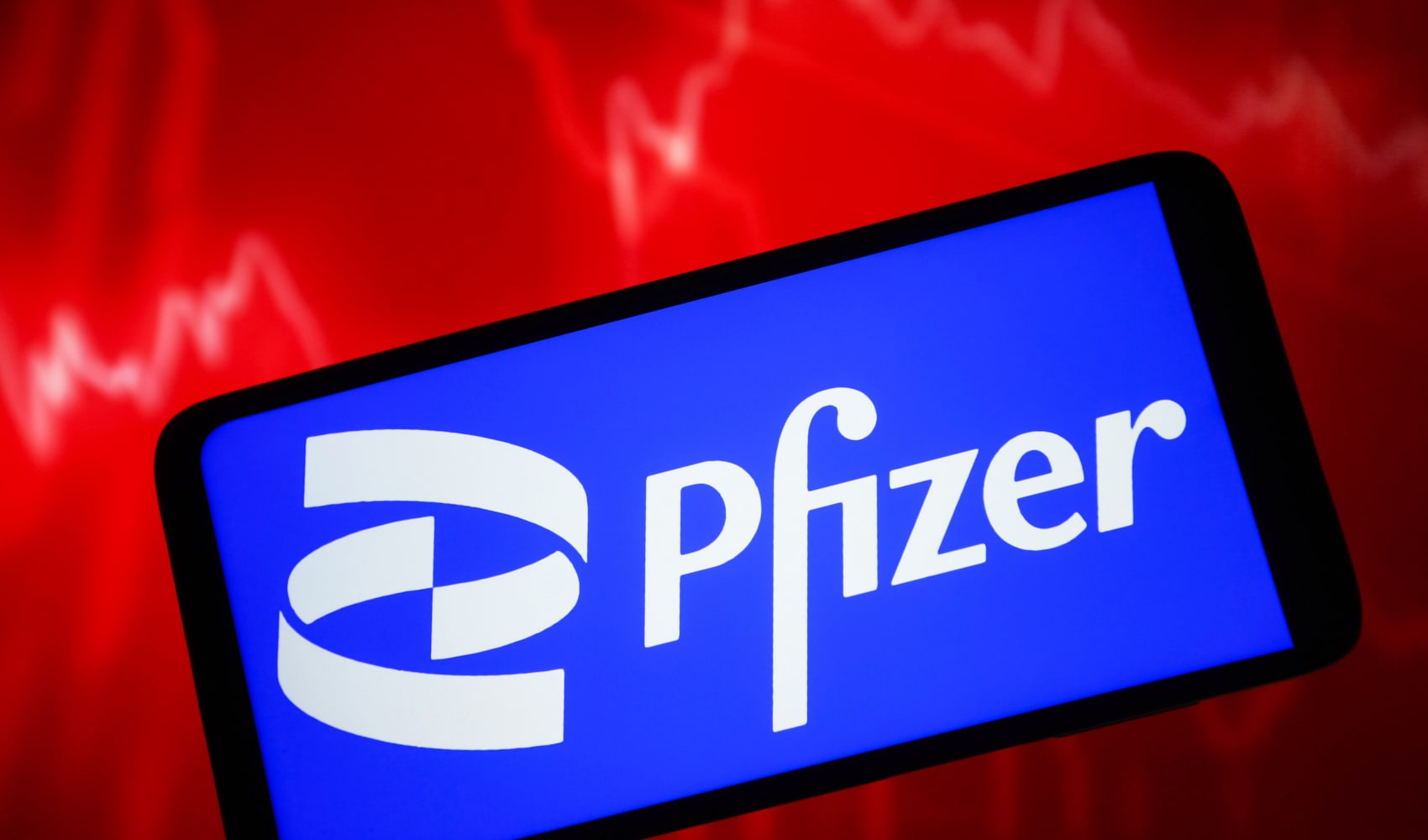
The IRS will begin issuing refunds on 2020 unemployment insurance taxes to some taxpayers this week, the agency announced Friday.
The refunds will be sent on a rolling basis. Single filers with the "simplest" tax returns will receive their refunds first, including those without children and those who did not claim any refundable tax credits, the agency says.
Unemployment insurance benefits typically count as taxable income. However, the American Rescue Plan (ARP), signed into law by President Joe Biden in March, excluded UI benefits of up to $10,200 from taxable income for 2020.
The IRS says it has identified over 10 million people who filed their tax returns before the ARP became law and might qualify for a refund or reduced balance on their tax bill.
Get a weekly recap of the latest San Francisco Bay Area housing news. Sign up for NBC Bay Area’s Housing Deconstructed newsletter.
The second phase will adjust more complicated returns, including for married couples filing jointly. The agency expects that to take "through the end of the summer" to complete.
Who is eligible for the refund?
Taxpayers who filed their tax returns before the ARP was enacted and included UI benefits in their taxable income for 2020 may be eligible for a refund.
Money Report
The break applies on up to $10,200 in UI for individuals and couples who earned less than a modified adjusted gross income of $150,000 in 2020. If both spouses collected unemployment benefits in 2020, then the tax break applies on up to $20,400 for couples who are married and filing jointly.
Those who collected more than $10,200 in unemployment income in 2020 will still owe taxes on the amount over that.
Refund amounts will vary by taxpayer, depending on how much they earned. The refunds will be direct deposited into taxpayers' bank accounts. If the IRS does not have a bank account on file for a taxpayer, then it will mail a paper check.
Sign up now: Get smarter about your money and career with our weekly newsletter
Don't miss: IRS will start sending tax refunds on up to $10,200 in unemployment insurance in May. Here's who qualifies






